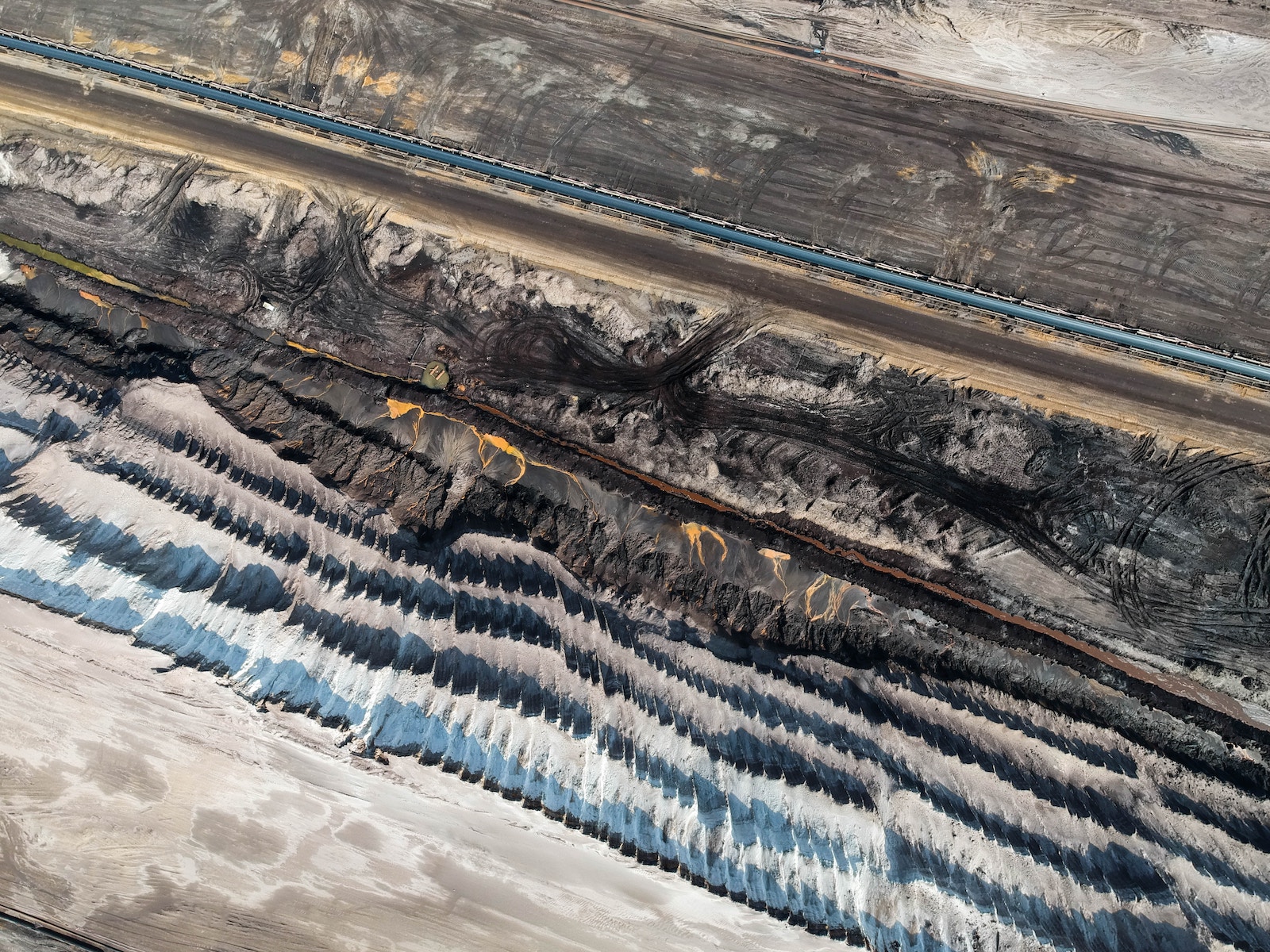An article by Alexis Bernigaud
If recent agreements show the worldwide political willingness to deal with climate change, countries’ promises have yet to be turned into practical policy designs. Carbon Taxes, for instance, are widely praised by economists as the most efficient way to internalize the social impact of carbon emissions, yet their implementation is still slow: in 2017, only 20 countries had implemented a carbon tax.
What are the barriers to implementation and how can governments improve their policy designs? We selected three insights from Carattini et al’s paper: Green Taxes in a Post-Paris World: Are Millions of Nays Inevitable?
- Small Steps rather than Big Dreams
Citizens’ aversion for high carbon tax rates has been demonstrated by numerous examples of rejected projects, one of the most salient being when 92% of the Swiss voters rejected the Green Liberal’s project to introduce an energy tax that would have tripled gas prices to replace the current value-added tax.
But on top of the direct negative correlation between tax rates and Yes-votes, an incremental approach is also justified by the fact that people’s aversion often decreases once they have experienced the policy and realized that costs – purchasing power, competitiveness – are lower and societal benefits higher than expected. Governments should then try to gradually introduce carbon taxes, or even use trial periods to earn citizens’ approval.
- Building Trust
One of the main arguments against carbon taxes is that governments use them as a backdoor way of raising government revenue. Earmarking tax revenues to finance specific environmental projects is a way to build trust: the literature shows that voters would often rather see the tax money being used to fight climate change than being compensated by tax cuts. Nonetheless, one of the main findings of Carattini’s paper is that, if citizens were given enough evidence to be convinced by the efficiency of carbon taxes to mitigate climate change, they would not need to see the revenues earmarked towards climate change mitigation projects.
- Making social benefits salient
Other than earmarking this money for environmental purposes, governments can also redistribute it to taxpayers. In doing so, governments should keep in mind that “Revenue Neutrality”, a concept that allows government to use the revenue raised from a new tax to reduce another tax, keeping the revenue raised constant, is not well understood by the general population: this is one of the reasons why the Swiss rejected the carbon tax project that was supposed to replace the Value Added Tax. Instead of cutting taxes, voters prefer direct per-capita transfers or social cushioning for low-income households, because they perceive the benefits more easily than when a tax decreases. To make these benefits even more salient, the tax may be marketed as a “carbon fee and dividend”: each household could receive a yearly check, a dividend comparable to the very popular Alaska Permanent Fund.
See Carattini et al’s paper: Green Taxes in a Post-Paris World: Are Millions of Nays Inevitable?
See the policy report: How to make carbon taxes more acceptable.






